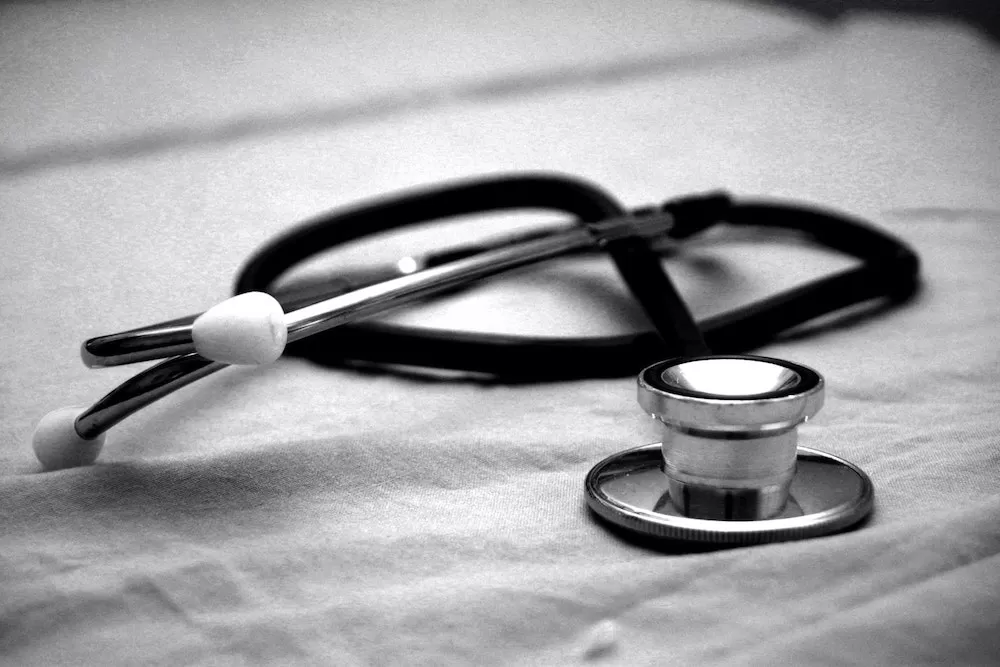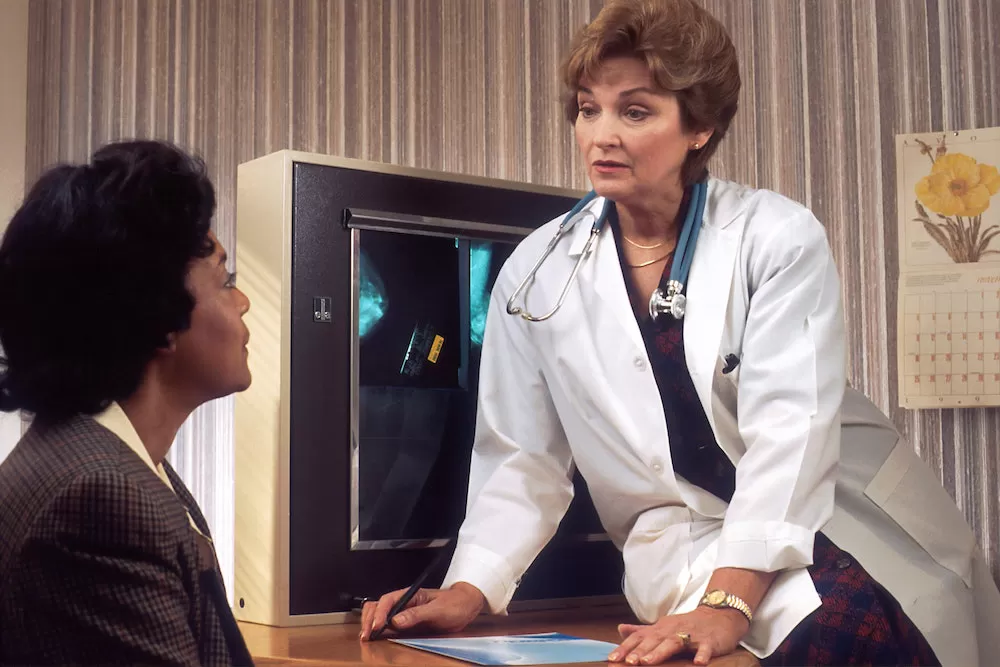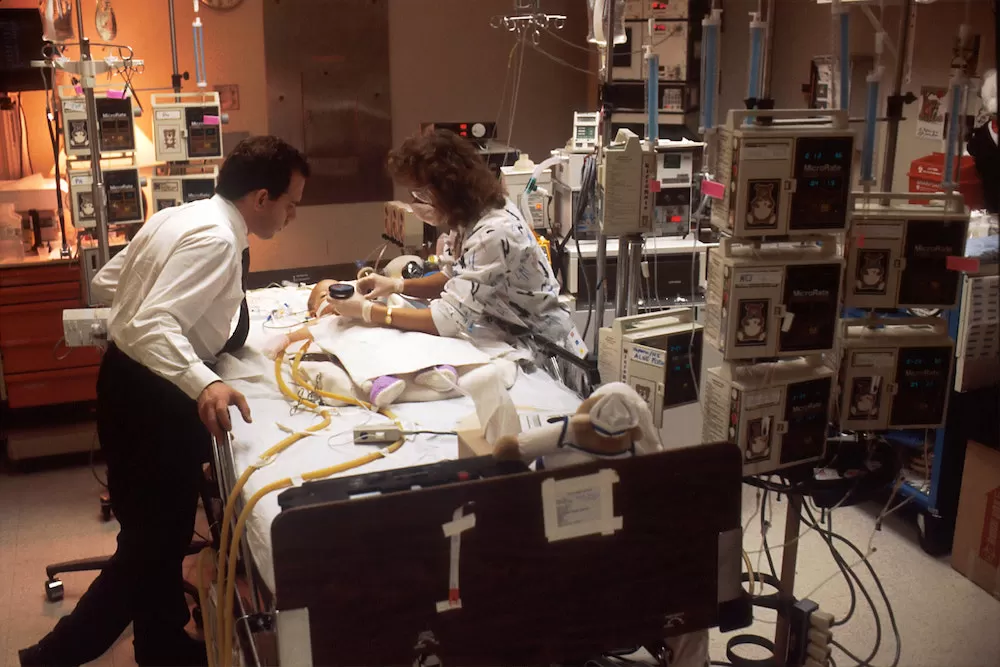
According to their laws, everyone in France is given access to quality healthcare. The French healthcare system is very much a collaboration between the people and the doctors and other healthcare providers in the country. As long as you live or stay in France for at least three months, you are allowed to access the system for your own benefit. But even if you're just a visitor here, there are still certain ways in which you can still get treated or access to certain clinics, hospitals, and even your own healthcare provider. You'll just need the right paperwork to do so!
Now, you might be thinking: how come everyone gets to access healthcare? Isn't that too much of a lax law to have? Well, the reason why France's system is so open—even to foreign visitors, to an extent—is because everyone in the country pays for it. Well, at least everyone who's employed, that is! From the richest of the rich to the not-so-fortunate but can still pay taxes, all citizens and residents are required to contribute so that their high-quality healthcare system remains intact and in place. This, in turn, also allows people to access hospitals, healthcare providers, and more practically free of charge!

Now, with all of that said, if you come from a foreign country and you want/need to access the French healthcare system, you can't actually do so by law. However, if you're not a citizen yet, you won't be able to do so as easily as the locals here. For foreign nationals staying in France without citizenship, you'll need to register under a relatively new system called Protection Universelle Maladie (PUMA). Established in 2016, this new system allows long-term "visitors" relatively similar access to the country's healthcare system, but only for those who have stayed or intend to stay in the country for at least three months.
It's important that you know that, if you do intent to reside in France, the system will automatically require you to have healthcare insurance. Only then will you be able to access the country's hospitals, healthcare providers, services, and more. But what if you're still in the process of becoming a resident? And it's no secret that such a process can often take years. What will help you gain access to healthcare then? The Aide Médicale d’Etat, or simply put, state medical assistance. If you're eligible for this program, it will help you get all sorts of help from various institutions. though it won't necessarily be the same as accessing the country's healthcare system.

Of course, as doctors take the Hippocratic oath, France's healthcare system also upholds that they are to help anyone and everyone within their territory. Even non-residents and foreign visitors alike. So in case of an accident or an emergency, tourists and non-residential visitors can access accident and emergency services, particularly paramedics and ambulances. Though it will help if you get a resident to assist you, you can still call for one using the 112 hotline. Wherever you are in France, you can easily access it when you have a phone. Though it's important to note that these services will come to you faster when you're in one of the country's bigger cities.
EU residents and citizens rejoice! Because even if you're not a citizen nor resident of France, you can still access its healthcare system. That is, as long as you have your European Health Insurance Card (EHIC). By getting this document from your home country, you become eligible for all the services and advantages enjoyed by both citizens and residents of France. However, for a number of them, they might have to pertain to the standards set forth by your own country's healthcare system. Still, the EHIC is a much easier leeway than for those visiting from countries outside the EU.

Whether you're staying in Paris, Cannes, or any other part of France, if you've become a resident in the country, you'll be legally required to get health insurance. That's one of the most important parts of the system. But don't worry, registering for one is easy. All you need, really, are a few important documents and you'll be good to go. They include your passport, proof of residence, proof of address (rental contract or electricity bill can do), birth certificate, and proof of income. Remember, you don't need to be a French citizen to gain access to the healthcare system.
When you're a visitor or just a resident in France, oftentimes the limited healthcare access given to you might not be enough. It might be better if you get private and travel insurance while you're at it. Private insurance, in particular, can give you a lot more services and access to specialty healthcare providers that you wouldn't have been able to under a public insurance program. A few good private insurance providers you can choose from include Allianz Care, Cigna Global, and Bupa Global, among many others. Conveniently, they also offer travel insurance for tourist visitors as well!

France's healthcare system may seem open and relax from the outside, but when you're finally in the country and you'll need access to it, it's better that you know how to navigate the system and where you stand in terms of your own access to it!
At least, one thing that's not too complicated to get in France is great accommodations. Booking French luxury apartments for your stay here might just make accessing the country's healthcare system that much easier too!